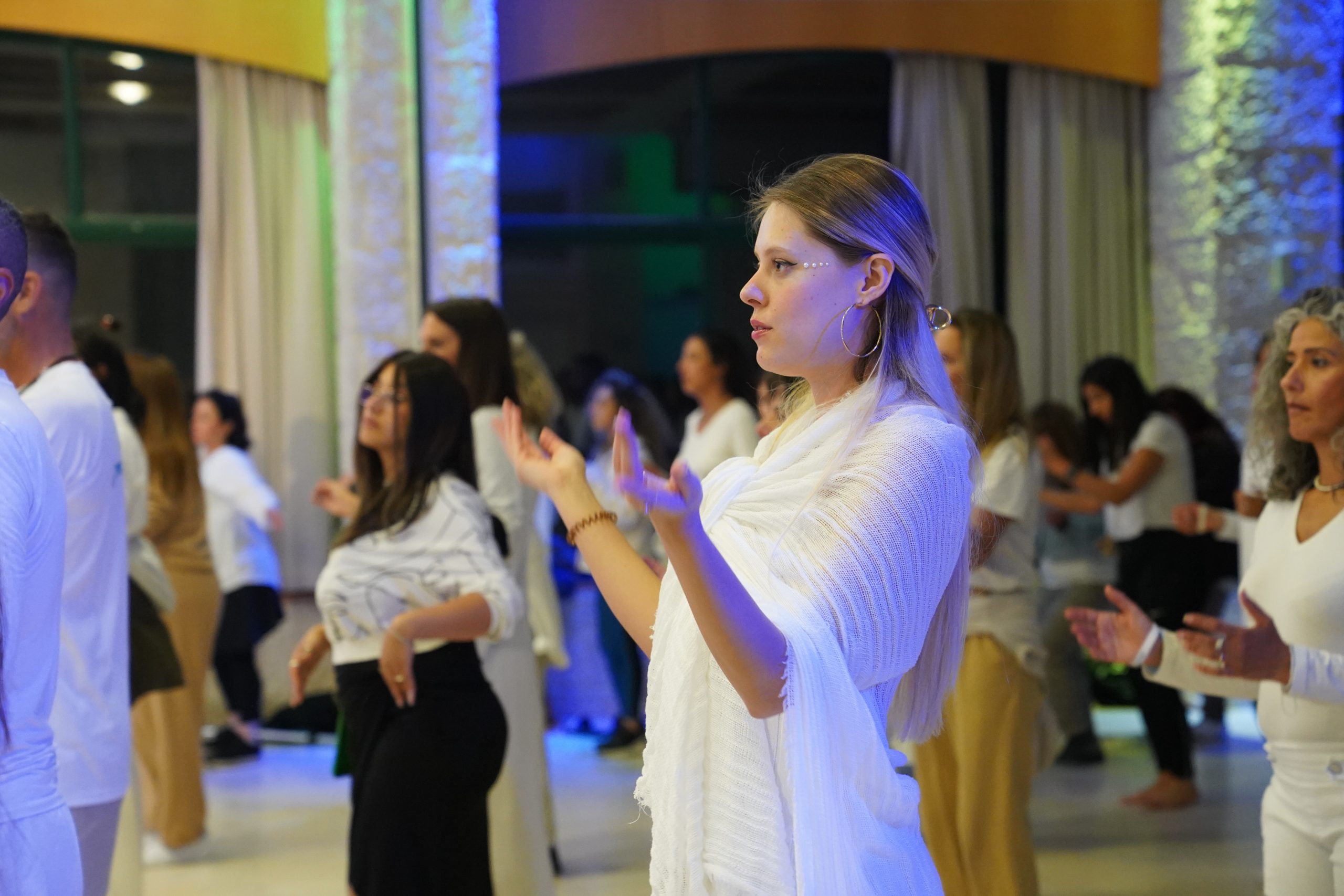
Personalized Addiction and Trauma Treatment in Thailand
Personalized
Addiction Treatment
“Turning the impossible into possible”

Personalized Addiction Treatment
at Leading Rehab Center in Thailand
Welcome to Tao Rehab Thailand, where your journey to freedom from Trauma and Addiction begins. We specialize in treating alcohol and drug addiction, offering personalized rehabilitation programs in the serene and picturesque setting of Thailand. With a unique blend of holistic therapies and modern techniques, Tao Rehab is the perfect place for recovery and rebuilding your life.
Your recovery,
is in our hands
The entire team of experts at Dao-Therapy Rehab Thailand is at your service for any matter related to trauma and addiction recovery in Thailand.
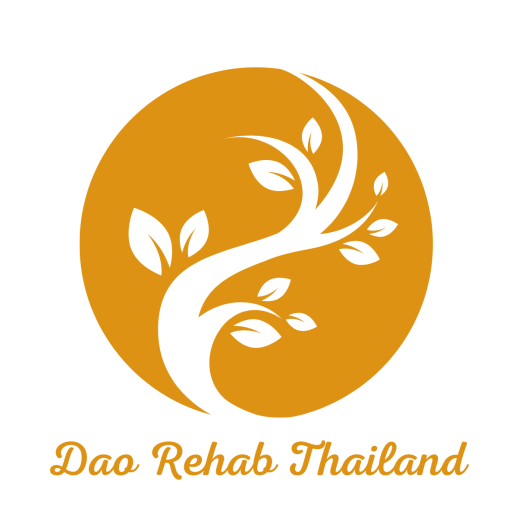
5/5
Yigal Dahan is the Deputy CEO of DaoTherapy
a psychotherapist, and a group facilitator.
25 years experience
The DaoTherapy Approach,
A Look at Recovery
The DaoTherapy Rehab center in Thailand, a world leader in the treatment of addicts and trauma survivors, offers a unique personalized therapy based on the DaoTherapy method developed by Dr. Avraham Mizrahi. This internationally recognized method combines reciprocal psychotherapy and includes a dedicated college focused on trauma and addiction, where around 800 students study the deep and unique DaoTherapy approach every year.
The DaoTherapy method is based on the understanding that recovery is a long-term and complex process, requiring a holistic and integrated approach that combines emotional, physical, and spiritual treatment. A key component of this approach is viewing the recovery process as a continuous and deepening series of stages. Instead of settling for symptomatic treatment or problem analysis, DaoTherapy focuses on providing practical tools tailored to each stage of the process. The center is not just a place for therapy but serves as the starting point for a deep personal journey, leading to full and comprehensive recovery.
The uniqueness of the method lies in the fact that patients do not only receive support from the therapists but also learn how to take an active part in their recovery process. Patients are provided with tools to help them cope with the various stages of the recovery journey, and they learn to understand themselves better, creating a deep internal connection that leads to long-term results.
Stages of the Recovery Journey in the DaoTherapy Method
The recovery process, as taught and applied in DaoTherapy, is divided into six main stages, each focusing on a different aspect of personal growth and recovery. Each stage represents a deepening of the personal process, from an initial understanding of the need for change to achieving deep internal completion.


Holistic Detox and Nutrition
- Awakening Stage – This is the first stage where the patient reaches a deep recognition of their situation. Awakening represents the beginning of the recovery process, as the patient understands that they need a fundamental change in their life. This stage is characterized by a fresh perspective and a mental and spiritual awakening.
- Stabilization Stage – In the first year of recovery, the patient stabilizes on the new foundation they are building for themselves. This stage involves strengthening the ability to face difficulties and challenges, and building emotional and spiritual stability that allows them to continue the process securely.
- Deepening Stage – Between one and three years into the process, the patient enters the deepening stage where they begin to work on a deeper connection with themselves. This is a stage where the patient explores their inner world and understands the roots of trauma and addiction.
- Connecting with Inner Parts Stage – In this stage, which occurs between three to five years into the process, the patient achieves a true and deep connection with their inner parts. It is a process of self-reflection and understanding that leads to a fundamental change in the patient’s sense of self.
- Integration and Individuation Stage – Inspired by Carl Jung’s ideas, this stage, lasting between ten to fifteen years, focuses on the integration of the different parts of the psyche and achieving individuation – personal growth and a deep understanding of the self.
- Inner Completion Stage – The longest stage, continuing throughout the patient’s life. This stage represents inner completion, as the patient reaches deep peace and meaningful life, leading to a peaceful death.
The Impact of DaoTherapy on Patients
The therapeutic approach of DaoTherapy brings about deep change and transforms the lives of patients. Through the use of practical tools and structured stages in the recovery process, patients learn to understand themselves in depth and deal with life’s challenges in a profound and conscious way. The personal and comprehensive journey offered by the center not only restores control over patients’ lives but also allows them to develop a deeper spiritual and emotional connection.
DaoTherapy is not just conventional therapy but a journey toward a life filled with meaning and growth.
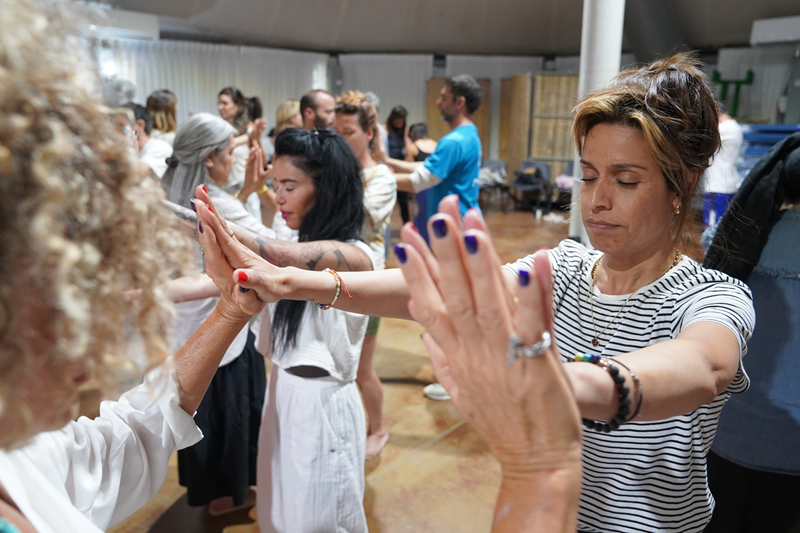
Stages in the,
Individuation Process
Individuation is one of the central concepts in Carl Jung’s psychology and constitutes a fundamental element in his approach to human development. Jung referred to individuation as a key, long-term process of personal growth, where the individual achieves full integration of the conscious and unconscious parts of their psyche. Jung believed that this process leads a person to fulfill their full potential and become a unique individual, with a cohesive and complete identity.
What is Individuation?
Individuation describes the path through which a person discovers and realizes their authentic self, that is, the deep and true identity that exists beyond social, familial, and cultural influences. At this stage, the person no longer lives according to external expectations or values but listens to their inner voice and fulfills their inherent potential. Jung described the individuation process as a long and challenging one, beginning when the individual starts to recognize the unconscious parts of their psyche and continues as they work on integrating both the conscious and unconscious elements.
ntegrating the Anima and Animus
Jung pointed out that every person has both feminine and masculine aspects. The anima represents the feminine side of a man's psyche, while the animus represents the masculine side of a woman's psyche. The individuation process includes acknowledging and integrating these parts, understanding that they are essential components of a person's wholeness.
Acknowledging the Shadow
One of the first steps in the individuation process is the recognition and confrontation of the "shadow" – those aspects of the personality that a person has denied, repressed, or rejected for various reasons. The shadow represents the unconscious, negative, and less desirable parts that people tend to hide. Jung believed that only by confronting the shadow could one progress toward personal integration.
Encountering the Self:
he self, unlike the ego, represents the center of the entire personality, including all conscious and unconscious parts. The individuation process involves coming closer to this self and understanding it, with the goal of integrating all parts of the personality into one complete whole.
The Importance of Individuation
For Jung, individuation was not just a process of psychological growth but also a profound spiritual journey. Jung saw individuation as a kind of spiritual quest, where the individual achieves a balance between the spirit and matter, between the conscious and unconscious, and between the various parts of the personality. This process reflects a person’s natural desire to live an authentic and meaningful life, rooted in a deep connection to their inner self.
Individuation and Therapy
In the context of DaoTherapy, the individuation process is a vital and central phase of recovery. This process allows patients to achieve not only emotional and traumatic healing but also personal and spiritual growth. The patient learns to recognize the repressed parts of their psyche, confront them, and integrate them into their life, while achieving deep inner balance.
At this stage of recovery, patients in DaoTherapy not only deal with the roots of trauma and addiction but also undergo a profound process of self-recognition and understanding, leading to personal growth. It is a phase where the patient gains a deep inner connection, heightened self-awareness, and a sense of inner wholeness.
Individuation as Spiritual Maturation
Jung viewed individuation as a process that also leads to spiritual dimensions. Jung himself was influenced by various spiritual traditions, including Eastern philosophies, and he referred to individuation as a process of spiritual awakening. The connection to the self, the ability to embrace all inner parts and integrate them – is also a path toward each individual’s spiritual truth.
DaoTherapy embraces this concept and guides patients not only toward improving their external life quality but also toward internal growth connected to the spirit, with a constant search for balance and wholeness.
Conclusion
Jung’s concept of individuation is a profound and long-term process of self-discovery and understanding. In this process, a person comes closer to their inner self, integrates conscious and unconscious parts of their psyche, and achieves internal wholeness and integration. DaoTherapy uses individuation as a central tool for recovery, enabling patients to undergo a deep journey of personal and spiritual growth.
The Role of the Therapist in Individuation:
A Mirror for Self-Reflection: The therapist in this approach helps the patient identify and reflect on the unconscious parts of the psyche. The therapist creates a safe space where the patient can explore their shadows, fears, and repressed parts, and gradually begin to integrate them into consciousness. The therapist acts as a kind of mirror, allowing the patient to see those parts that may have been hidden or repressed.
Guiding Through Internal Conflicts
The therapist supports the patient as they confront the internal conflicts that arise as part of the individuation process. Often, this process brings up internal oppositions, such as between conscious desires and unconscious motivations. The therapist helps the patient navigate these oppositions, process them, and reach integration between these conflicting parts.
Creating Space for Developing Inner Tools
In the DaoTherapy approach, the therapist provides the patient not only with insights but also with practical tools to deal with the various stages of the process. The therapist does not take all the power into their own hands but encourages the patient to develop independent tools that will help them face challenges and continue to grow even after the treatment has ended.
A Guide to Inner Connection
In the individuation process, the therapist guides the patient toward a connection between the conscious and unconscious parts of their psyche. This is a complex process that requires deep exploration and internal questioning. The therapist helps the patient develop a deeper connection with themselves and identify the spiritual and emotional parts within.
Patience and Long-Term Support:
The individuation process is long and complex, spanning many years. The therapist in this approach understands that the journey can be marked by ups and downs, and sometimes there are regressions or feelings of being stuck. The therapist serves as a stable anchor in such situations, helping the patient stay on course and continue the process in a gradual and sustained way.
Supporting Spiritual Integration:
In the DaoTherapy approach, the therapist supports not only the psychological and emotional aspects of the patient but also the spiritual work. The individuation process includes a deep connection to the spirit, and the therapist helps the patient discover and develop this connection, understanding that it is an integral part of recovery and personal development.
Conclusion
The therapist in the DaoTherapy approach, based on Jung’s individuation, plays a significant role in the healing and recovery process. Their role is not only to provide emotional support but to be an active partner in the patient’s recovery journey. They guide the patient toward deeper self-awareness, integration of the different parts of the psyche, and the development of inner tools that will allow them to continue to grow and evolve even outside the therapeutic framework.
If you would like to know more about taotherapy Trauma and Addiction Treatment Center in Thailnd, feel free to drop us a quick message here. Coming to Taotherapy is more than just recovery. You will find support here for life. Even after completing treatment, we offer support groups for continuing support on your journey.
Welcome to the journey
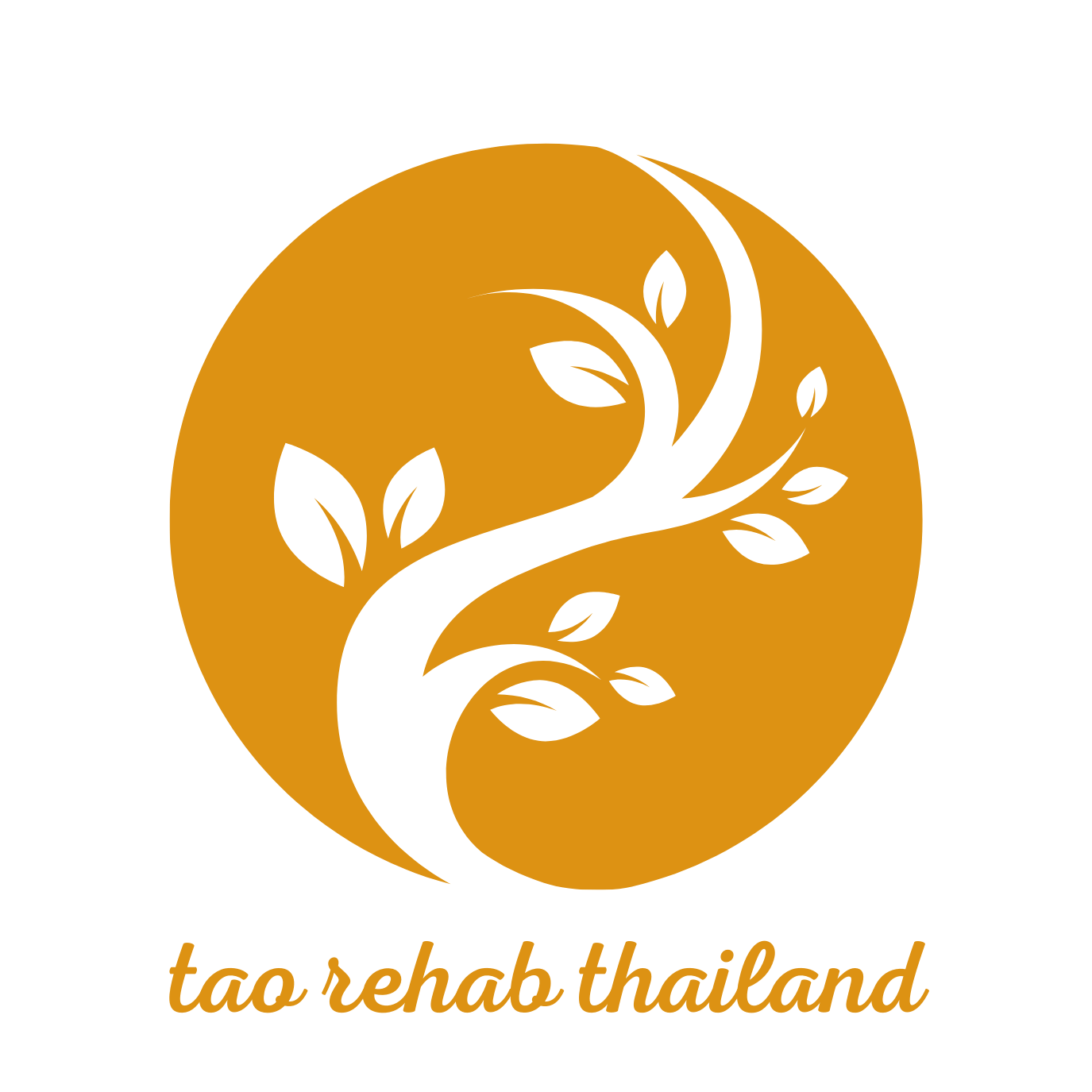
Tao rehab -Therapy
Residential Treatment
“Taotherapy offers an idyllic setting for recovery and relaxation. Nestled in a serene environment, our center provides a peaceful retreat for healing. With state-of-the-art therapy rooms, comfortable accommodations, and dedicated spaces for meditation and group sessions, we create an atmosphere of calm and support. Our facility also includes a tranquil garden, a library, and cozy communal areas, all designed to enhance your recovery journey and promote holistic well-being.”
The Trauma and Addiction Rehabilitation and Recovery Center is an international facility offering services to individuals worldwide affected by trauma and addictions. Therefore, we designed Tao Rehab to be a nurturing, loving, and specially adapted place for an international center. The food, prepared by a professional chef, is healthy and emotionally balancing for the patients. The yoga offered is therapeutic, and the unique meditations developed by Dr. Avraham Mizrahi are life-saving.
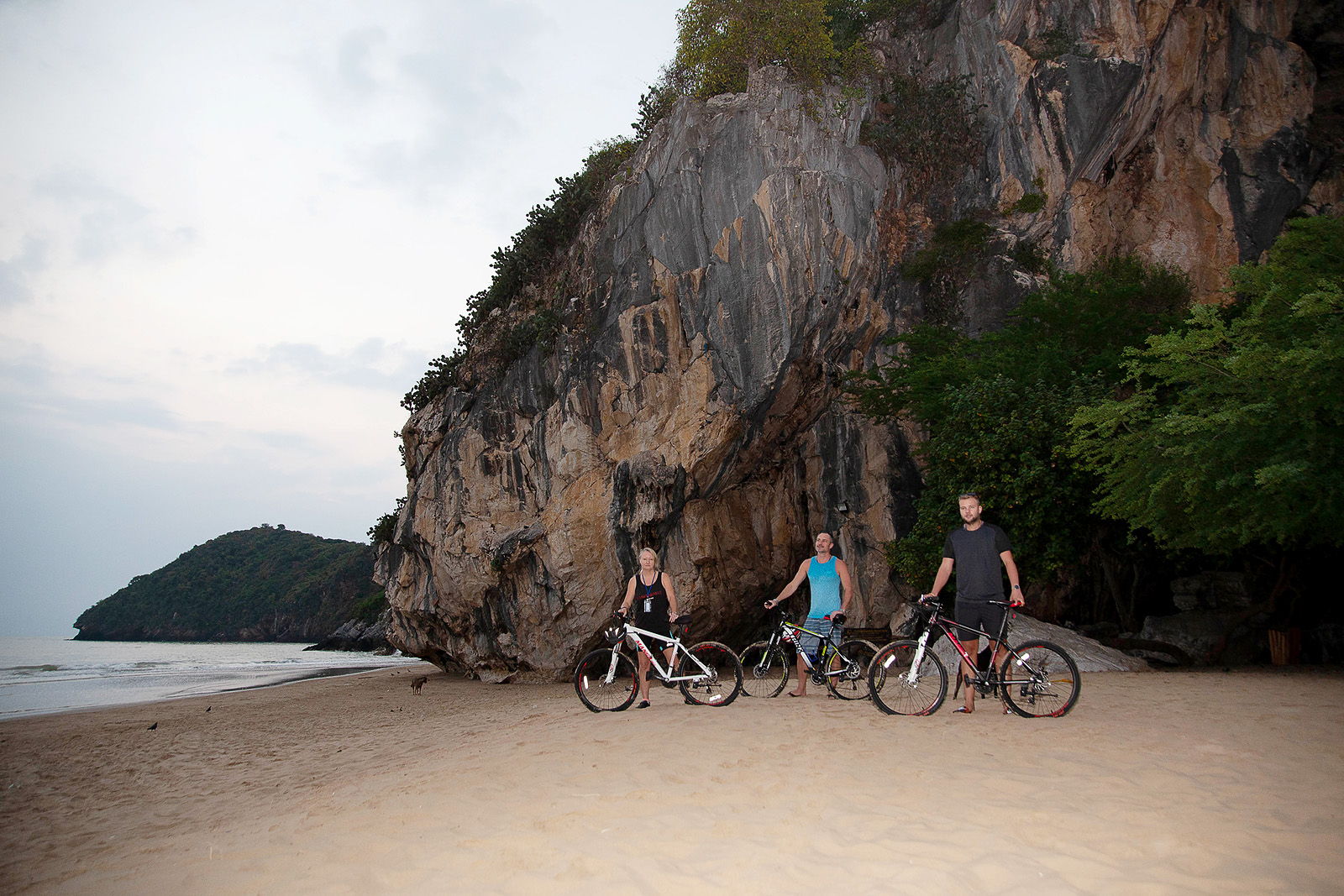
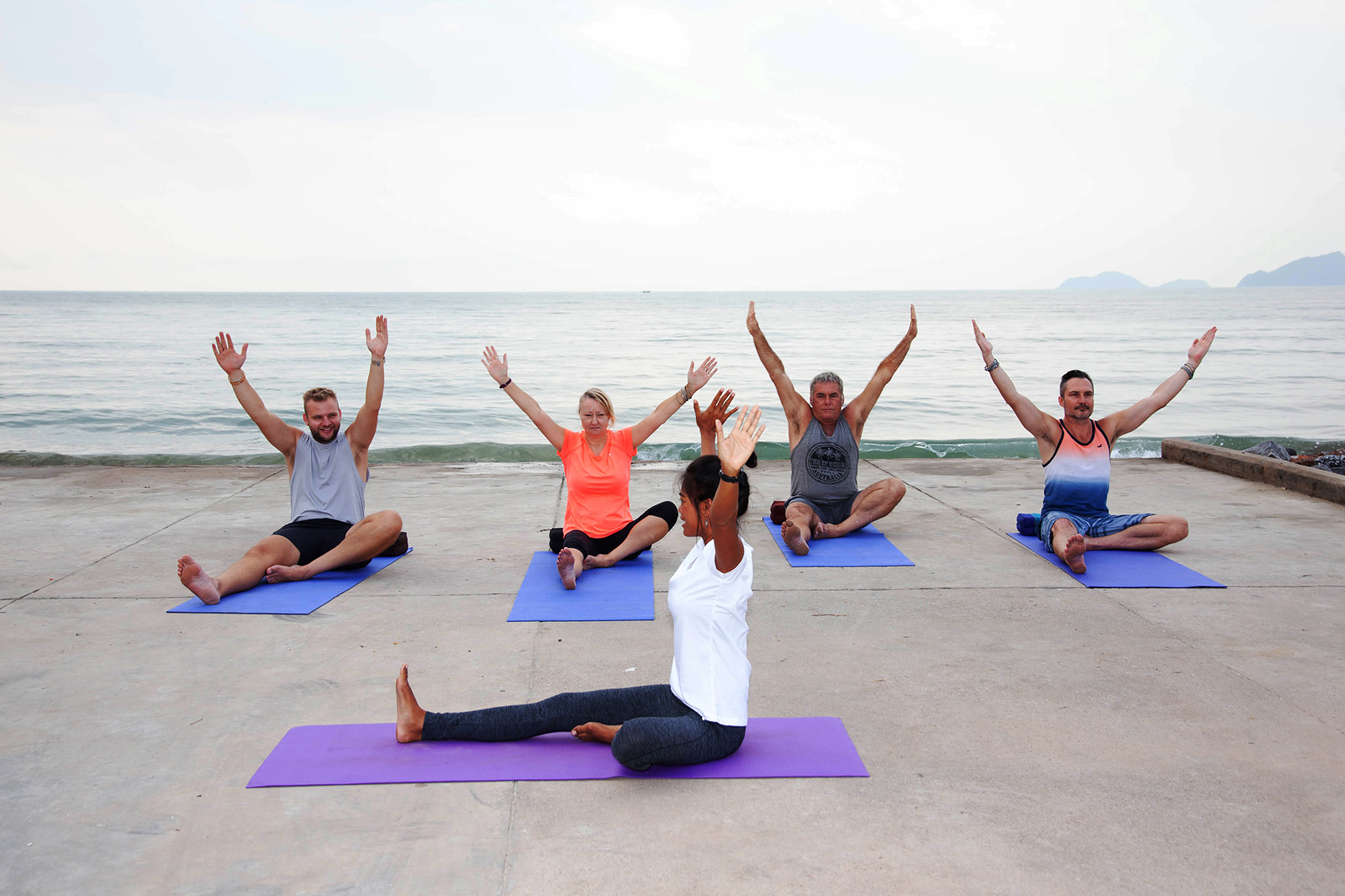


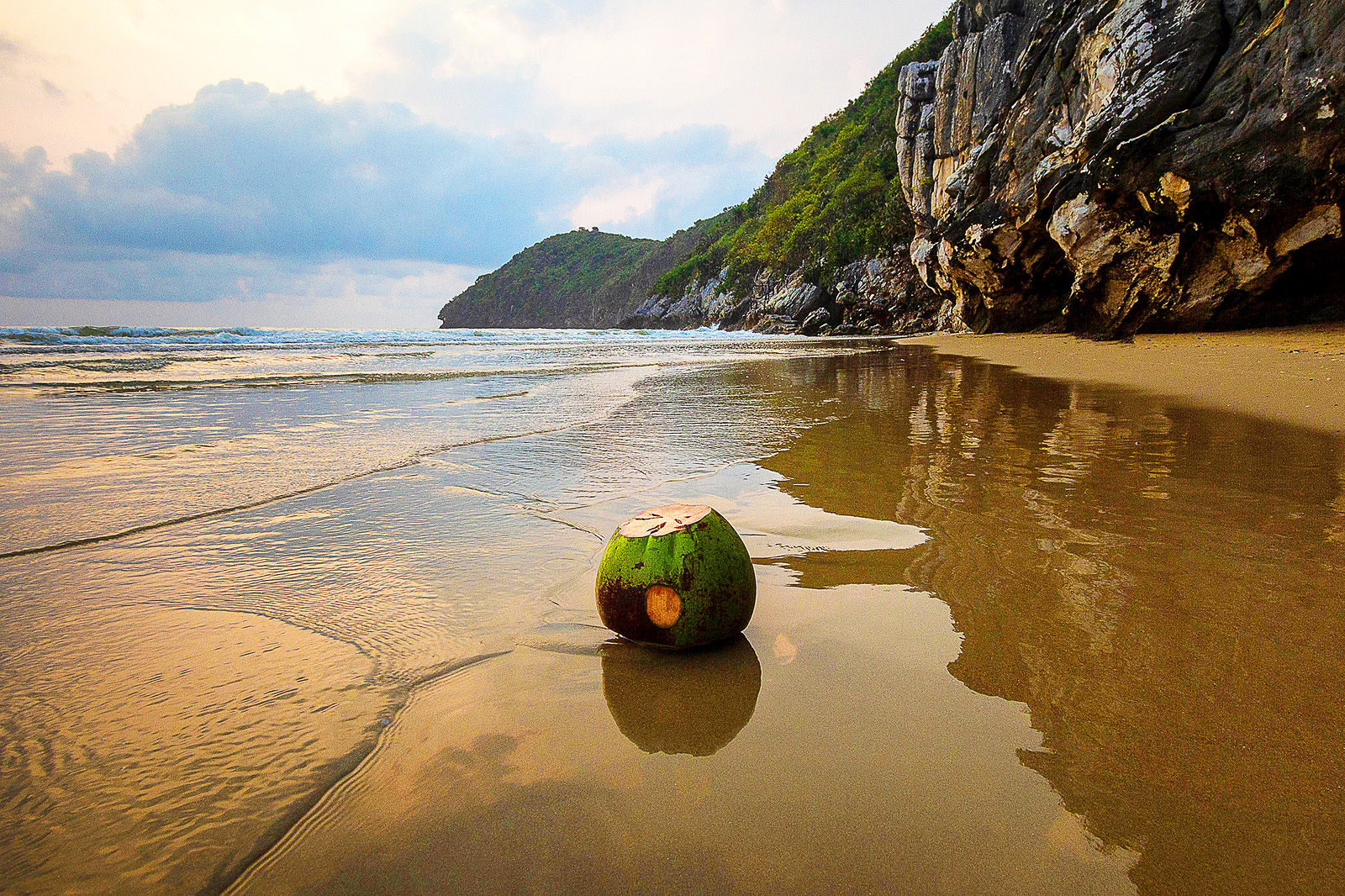
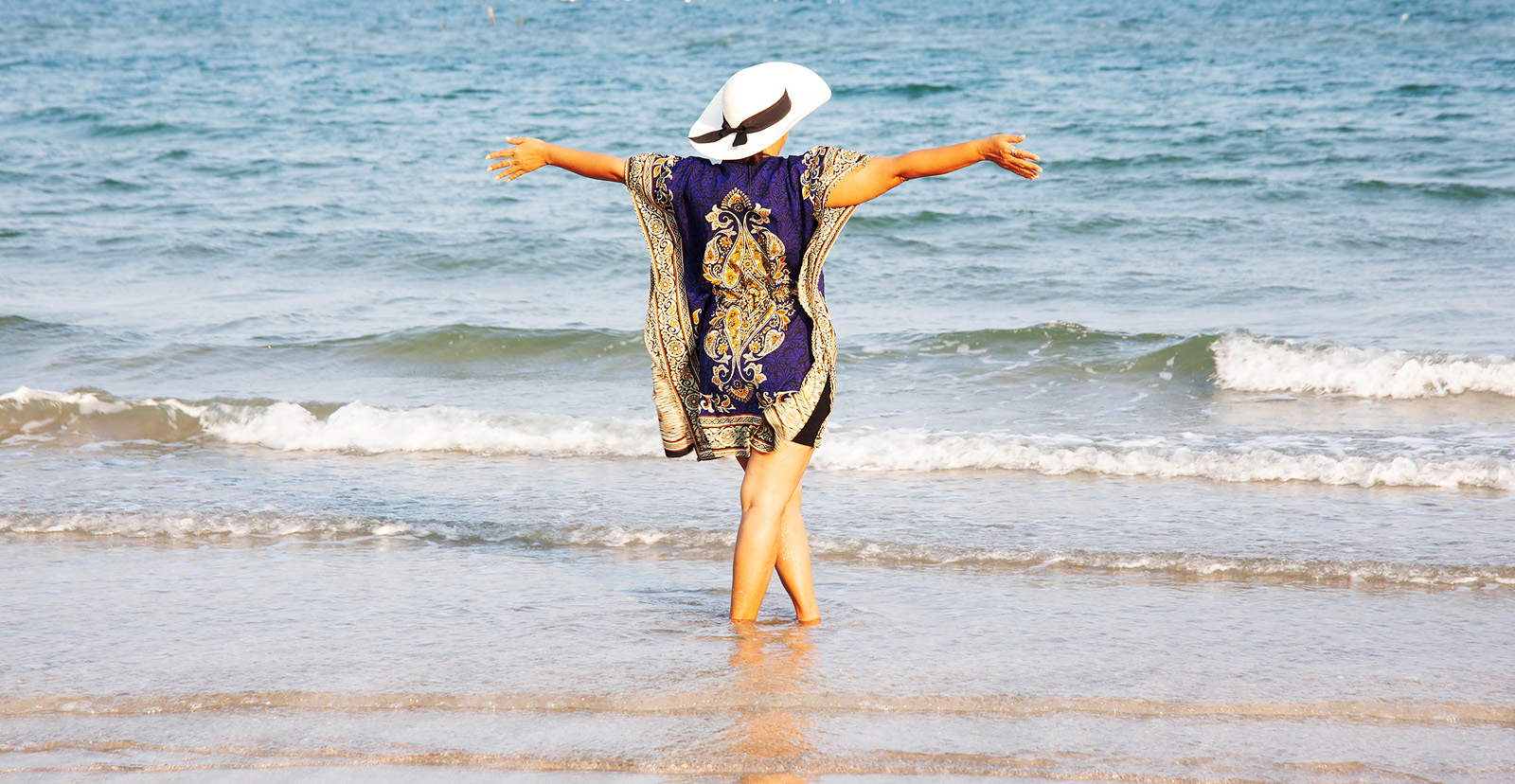
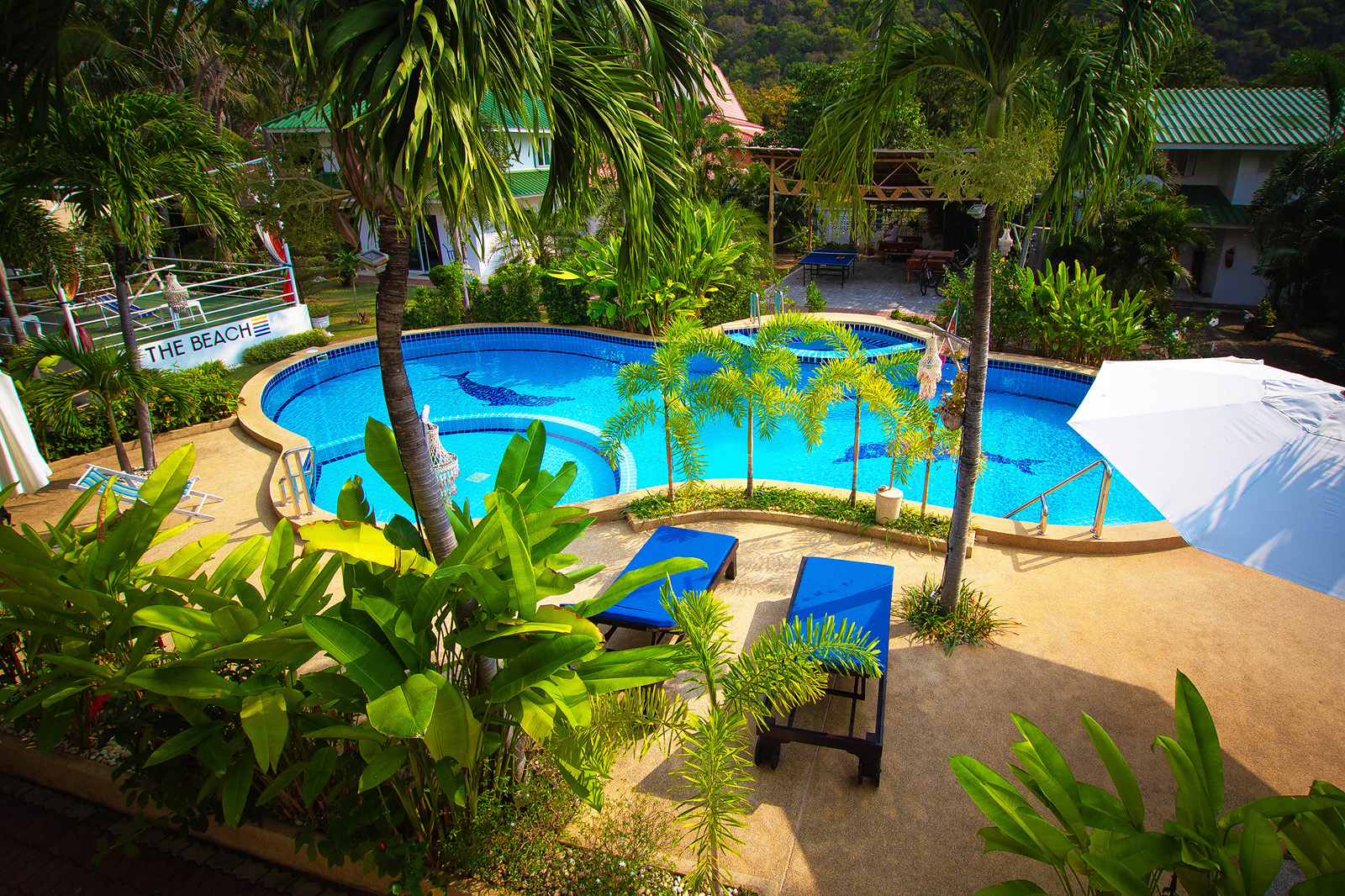
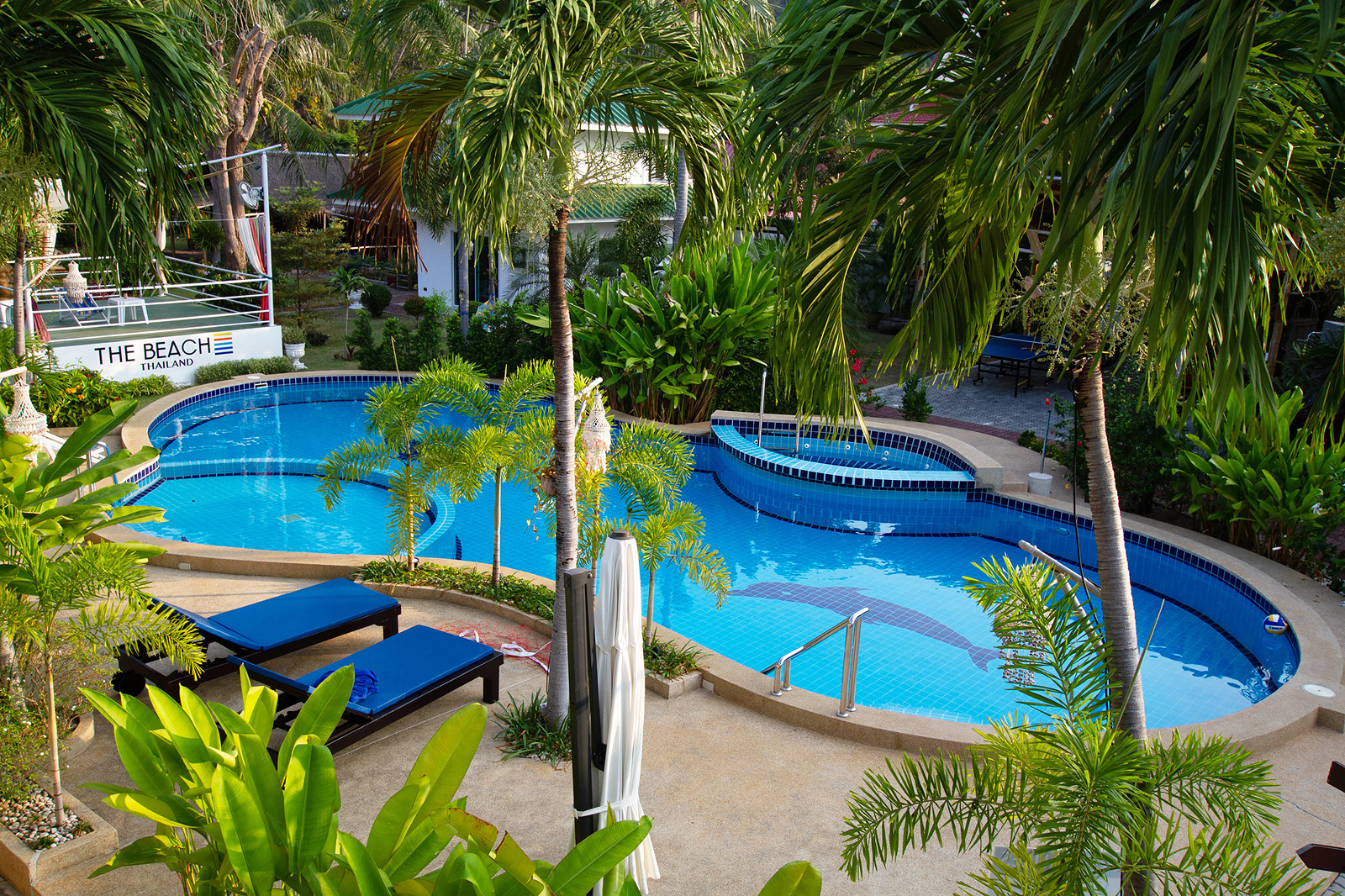

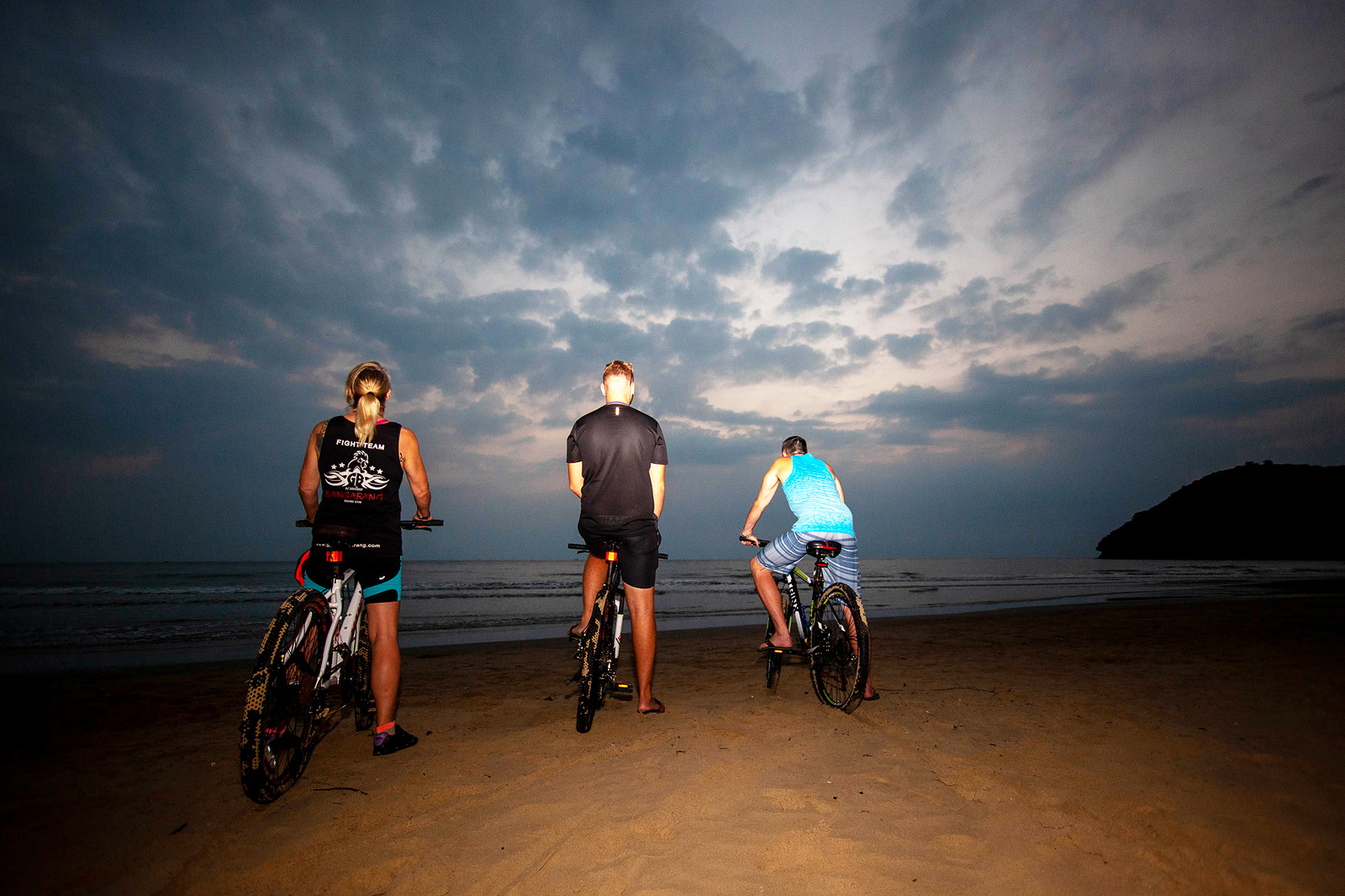
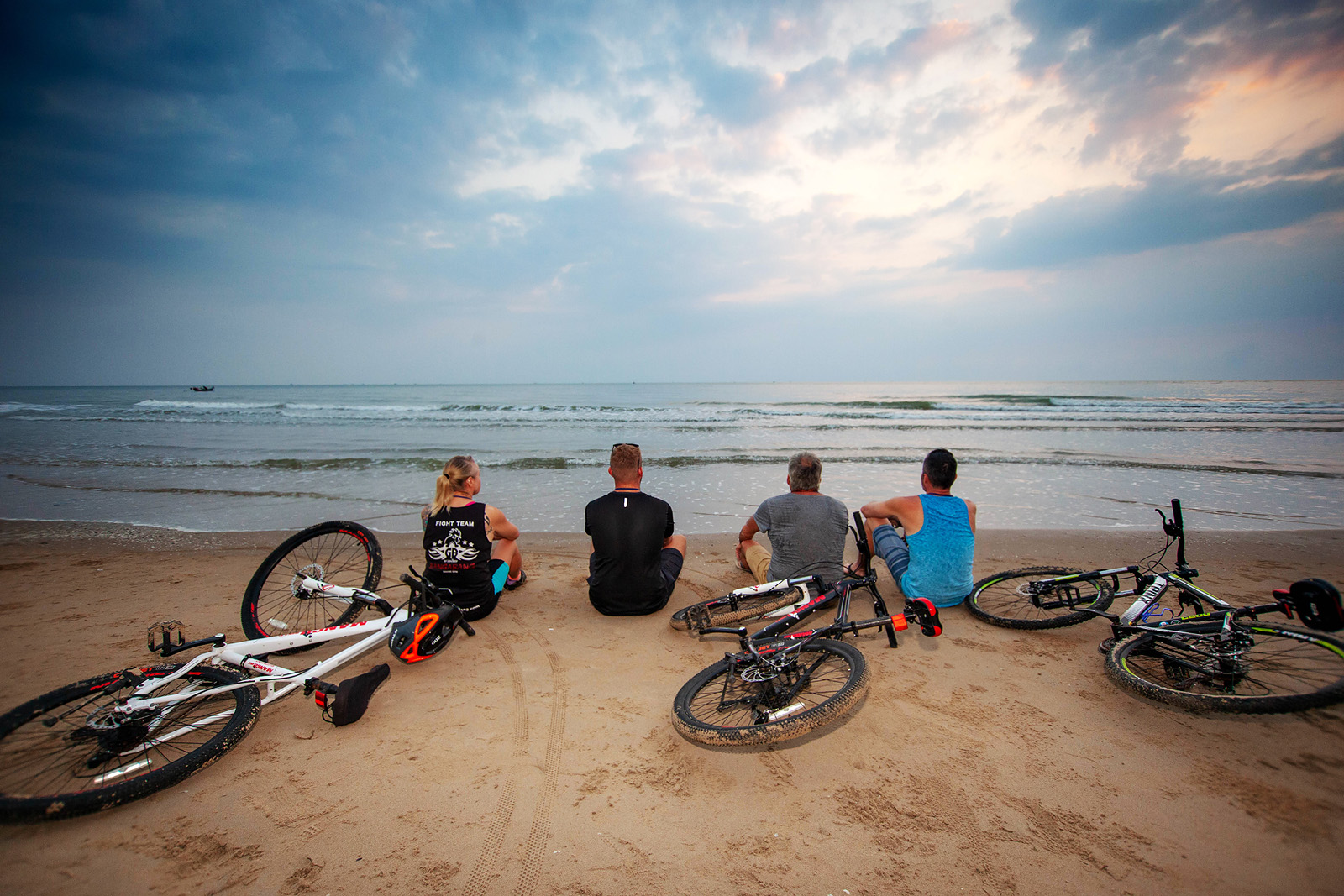
Comprehensive Treatment Programs
The rehab program and agenda are based on 33 years of experience by Dr. Mizrahi Avraham to provide a solid foundation and emphasis for a continuous recovery process
Individual Therapy Sessions
Kundalini Yoga for Trauma Recovery
Group Therapy program
Holistic Massage and Essential Oil Therapy
Meditations from different worlds
Customized Physical Fitness
Outdoor Pool in Dao Rehab
12 steps program
The Special Meals at Dao Rehab
The healthy Thai cuisine at Dao Rehab is based on fresh and nutritious ingredients, aiding in the body’s recovery and supporting the rehabilitation process. The meals are tailored to the nutritional needs of the patients, providing essential energy and balance for recovery.
We guarantee freedom from addiction
from start to finish
Our expert team is dedicated to guiding you toward lasting wellness and peace. Experience holistic healing at Tao Rehab, where mind, body, and spirit come together.
- 30+ Years of Experience
- Experience holistic healing
- life-changing recovery journey
- personalized and compassionate care
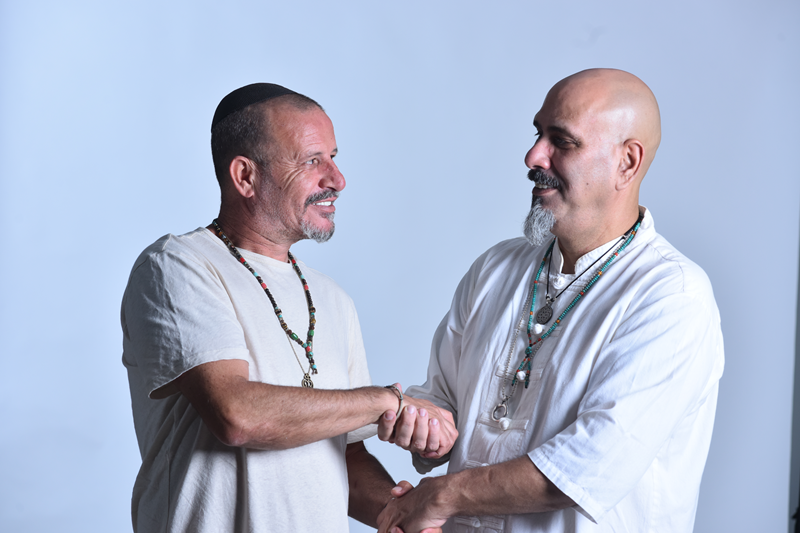
You ask, we answer
Here is a list of frequently asked questions that people might ask when they are interested in rehabilitation in general, as well as questions specifically related to the “Tao Rehab” center in Thailand:
At Tao Rehab, the rehabilitation process is holistic and tailored to each individual. We focus on treating not only the physical aspects of addiction but also the mental, emotional, and spiritual well-being. Our process includes comprehensive assessments, personalized treatment plans, and ongoing support, ensuring that each patient receives the most effective care for long-term recovery.
Tao Rehab stands out from other rehabilitation centers by offering a unique blend of traditional therapeutic approaches combined with holistic practices like meditation, yoga, and mindfulness. This integrative approach not only addresses the symptoms of addiction but also helps in healing the root causes, providing a more balanced and sustainable recovery.
Choosing Tao Rehab means choosing a center with a proven track record of success and a compassionate, experienced team. We are fully certified and adhere to the highest standards of care, ensuring that our patients receive the best possible treatment in a safe, serene environment that fosters healing and growth.
If you or a loved one is struggling with addiction and its effects on physical, mental, or emotional health, Tao Rehab offers a supportive and effective solution. We provide a safe space for individuals to confront their challenges and begin their journey toward recovery with the guidance of expert professionals.
Our treatment program at Tao Rehab includes a comprehensive range of services: medical detoxification, individual and group therapy, holistic treatments like acupuncture and massage, as well as life skills training and aftercare planning. This integrated approach ensures that patients are not only detoxed but also equipped with the tools they need to maintain sobriety.
Tao Rehab boasts a high success rate, thanks to our personalized treatment plans and continuous support even after patients leave the center. We emphasize long-term recovery, offering aftercare programs and ongoing counseling to help individuals stay on track. Many of our patients achieve lasting sobriety and lead fulfilling lives after their time with us.
While some may attempt to quit independently, the risks are significant, and the chances of relapse are high. Tao Rehab provides the structured environment, medical supervision, and psychological support necessary to make recovery more manageable and successful. Our team is here to guide you through every step, reducing the risks and increasing your chances of long-term success.
Tao Rehab is beautifully located in a serene and secluded area of pranburi Thailand, providing the perfect environment for recovery. The peaceful surroundings and natural beauty contribute to the healing process, allowing patients to focus fully on their recovery journey, away from the distractions and triggers of everyday life.
Tao Rehab offers comfortable and luxurious accommodations designed to support your recovery journey. Patients can choose between private rooms and shared spaces, all equipped with modern amenities. The environment is designed to be both therapeutic and comfortable, ensuring that patients feel at home while they focus on their healing.
Our treatment approach is comprehensive and holistic, combining evidence-based therapies with alternative practices like mindfulness and yoga. We believe in treating the whole person, not just the addiction, which is why our programs are designed to promote overall well-being and personal growth. This unique blend of therapies sets Tao Rehab apart from other centers.
The treatment program at Tao Rehab is all-inclusive, covering everything from medical detox to psychological therapy and aftercare planning. We offer individual therapy, group sessions, family counseling, and holistic treatments that address the body, mind, and spirit. Our goal is to provide a comprehensive path to recovery that addresses all aspects of addiction.
Our treatment team at Tao Rehab is made up of highly qualified professionals with extensive experience in addiction treatment and holistic therapies. They are compassionate, dedicated, and committed to helping each patient achieve lasting recovery. With a multidisciplinary approach, our team works together to provide personalized care that addresses every aspect of your well-being.
At Tao Rehab, we understand that recovery doesn’t end when you leave the center. That’s why we offer robust aftercare programs, including ongoing counseling, support groups, and regular check-ins. We also help connect patients with local resources and communities to ensure they have the support they need to maintain their sobriety long after their stay with us.
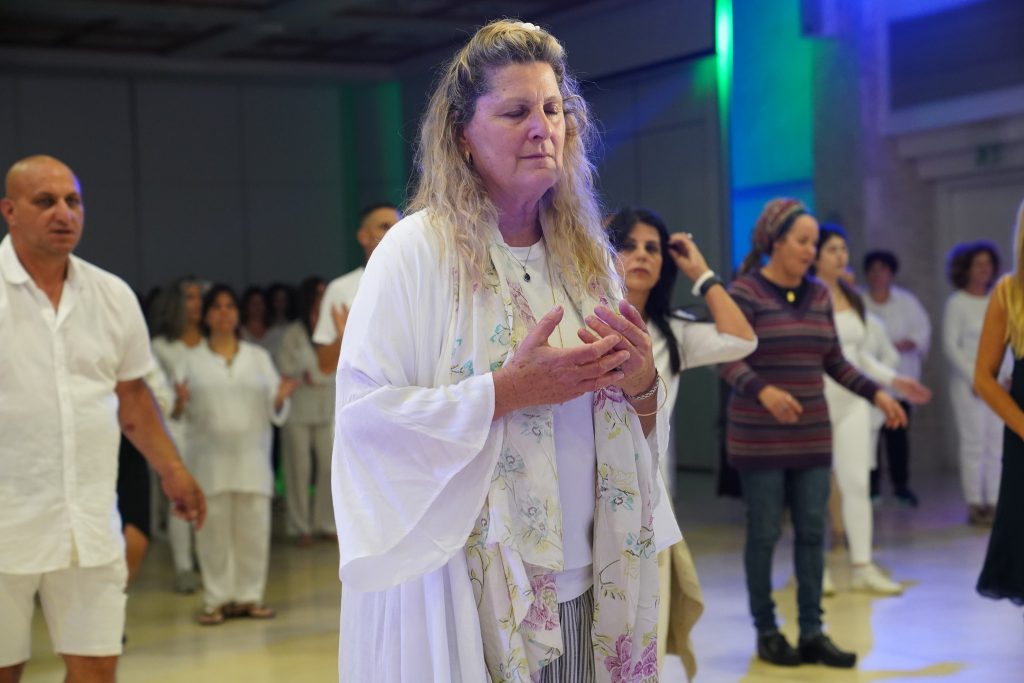
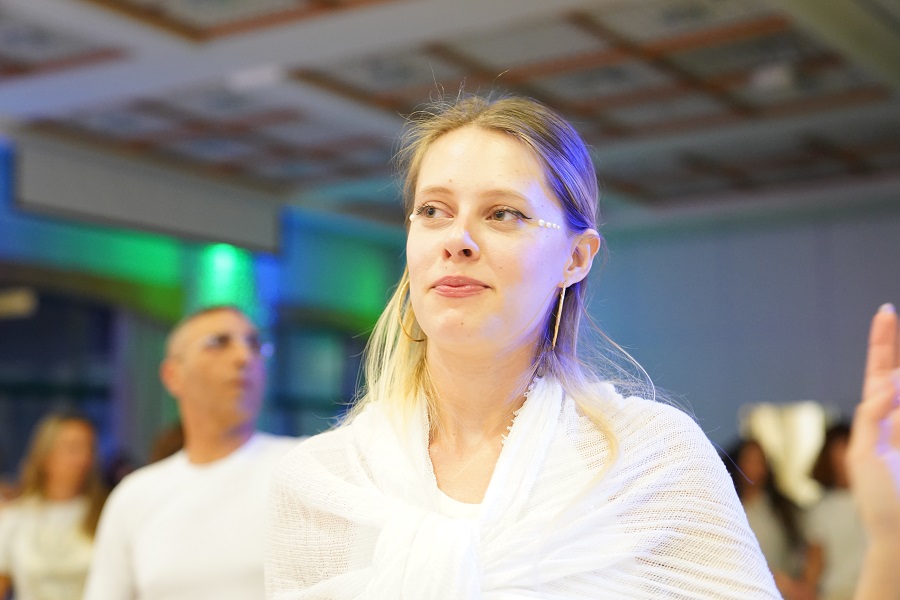
Client Testimonials
are you ready to wake up? Contact us today
“A person who suppresses his selfish desires and does what he must do, integrates in harmony on both axes: on the vertical axis – with life in its entirety and on the horizontal axis with every other individual being.”







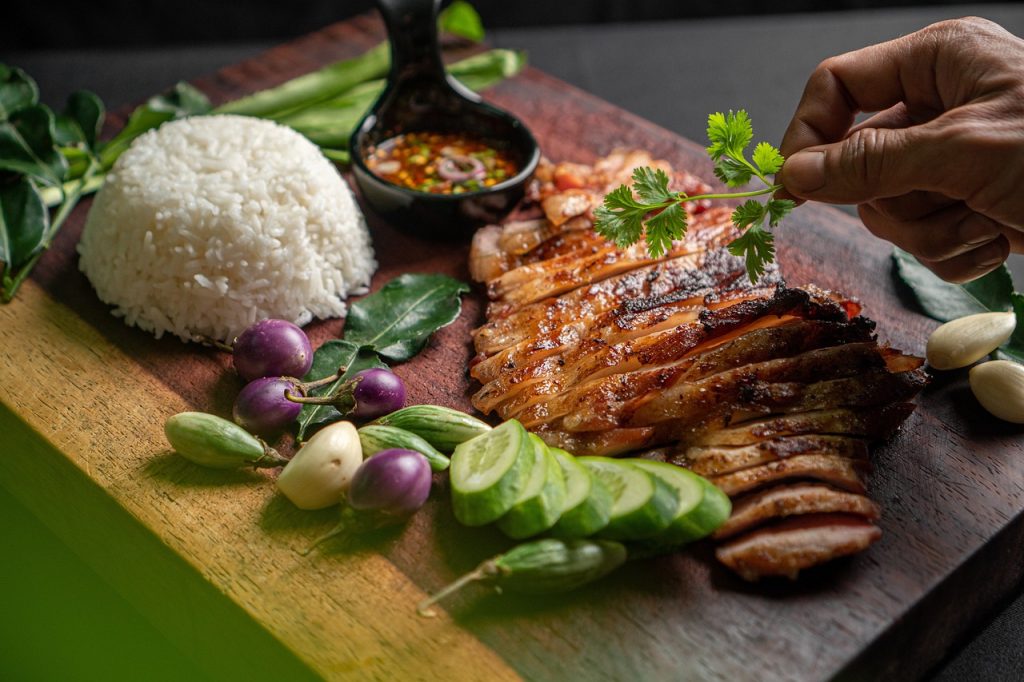


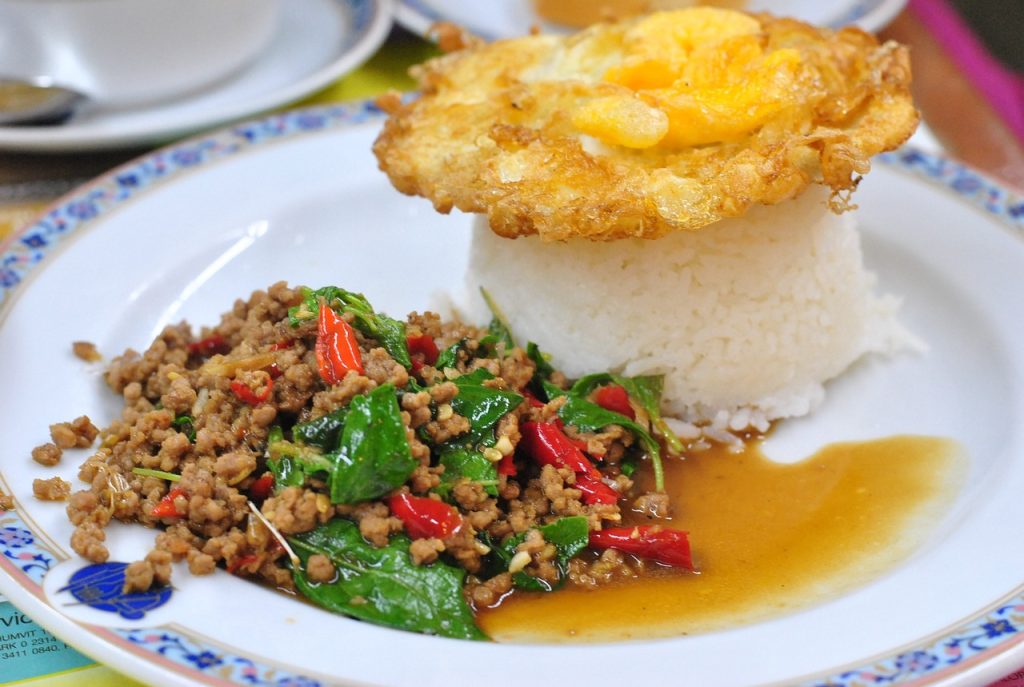
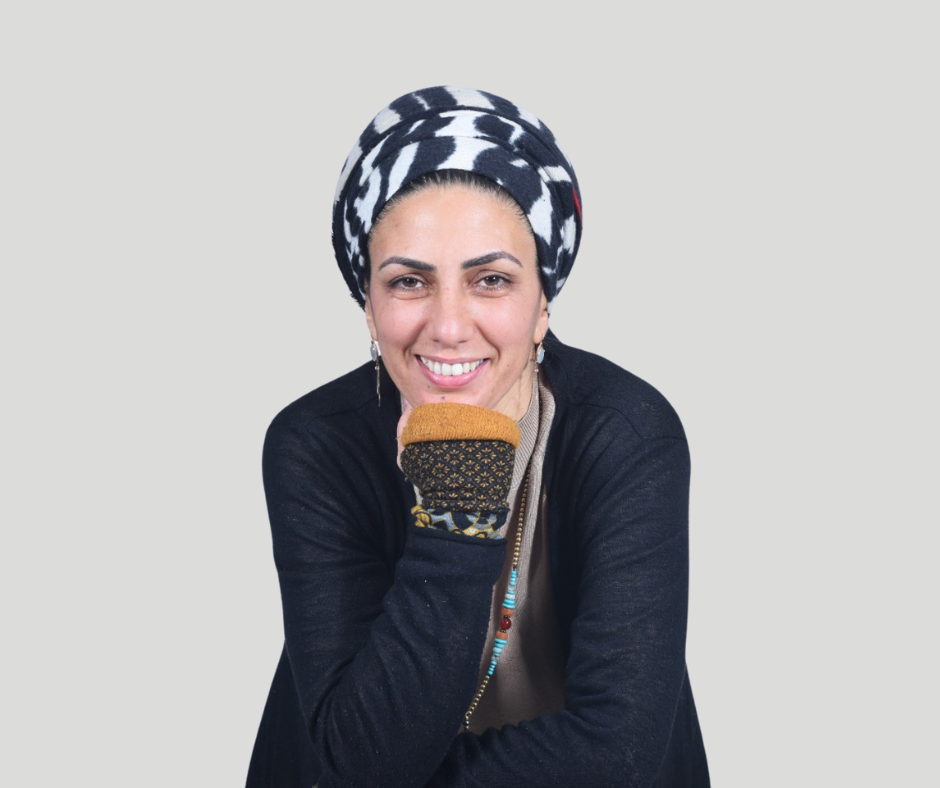
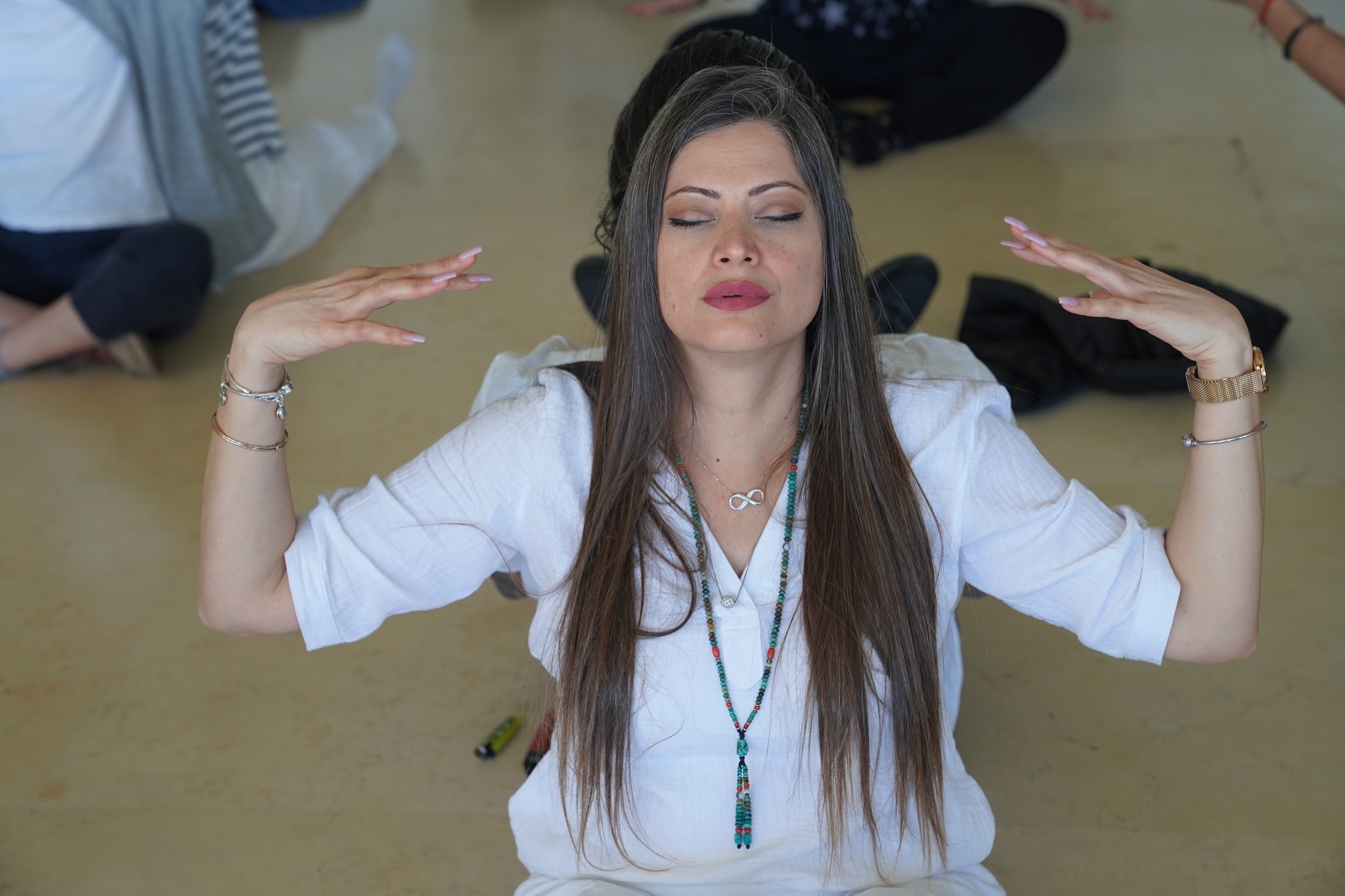
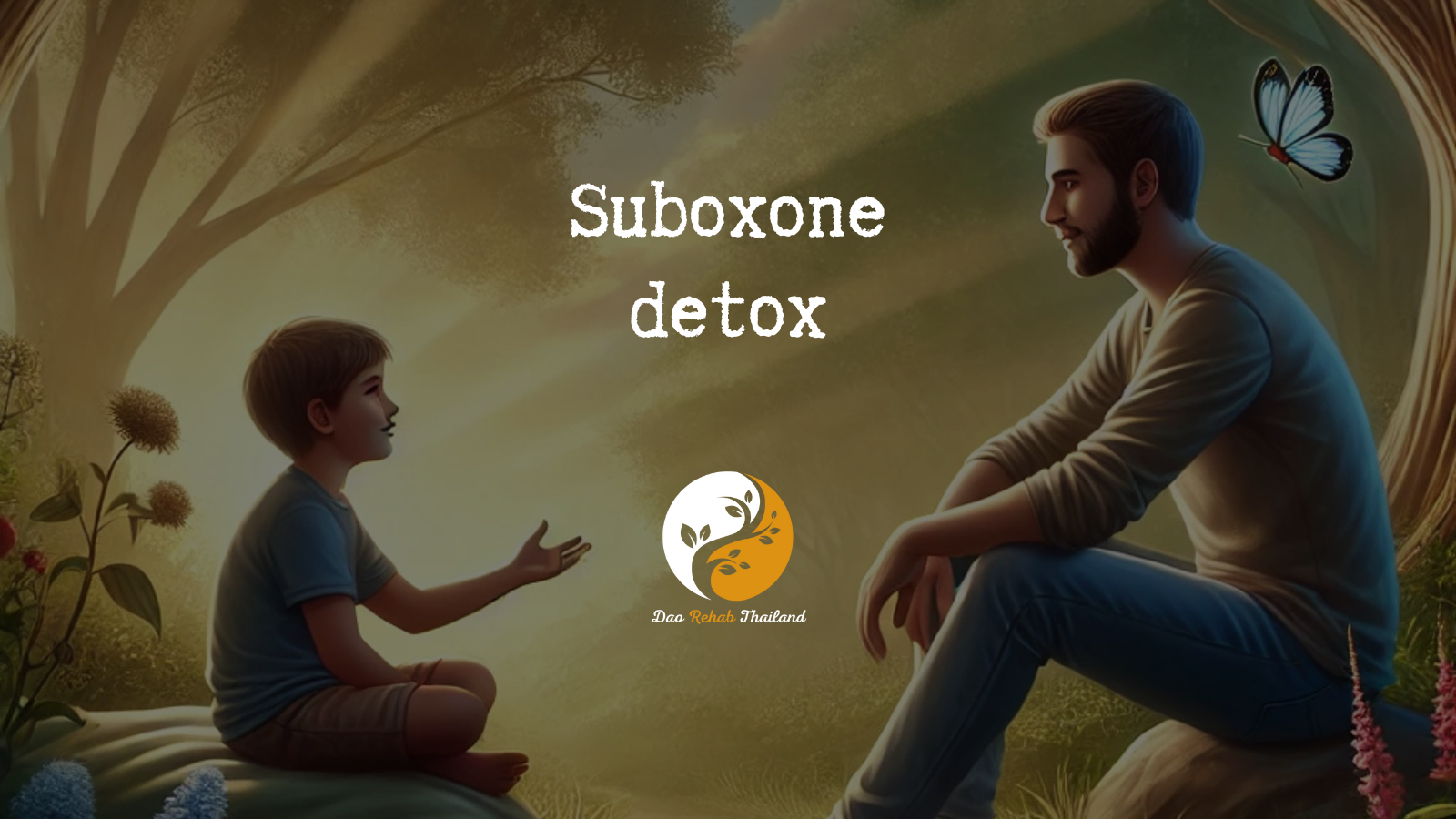
Leave a Reply
You must be logged in to post a comment.